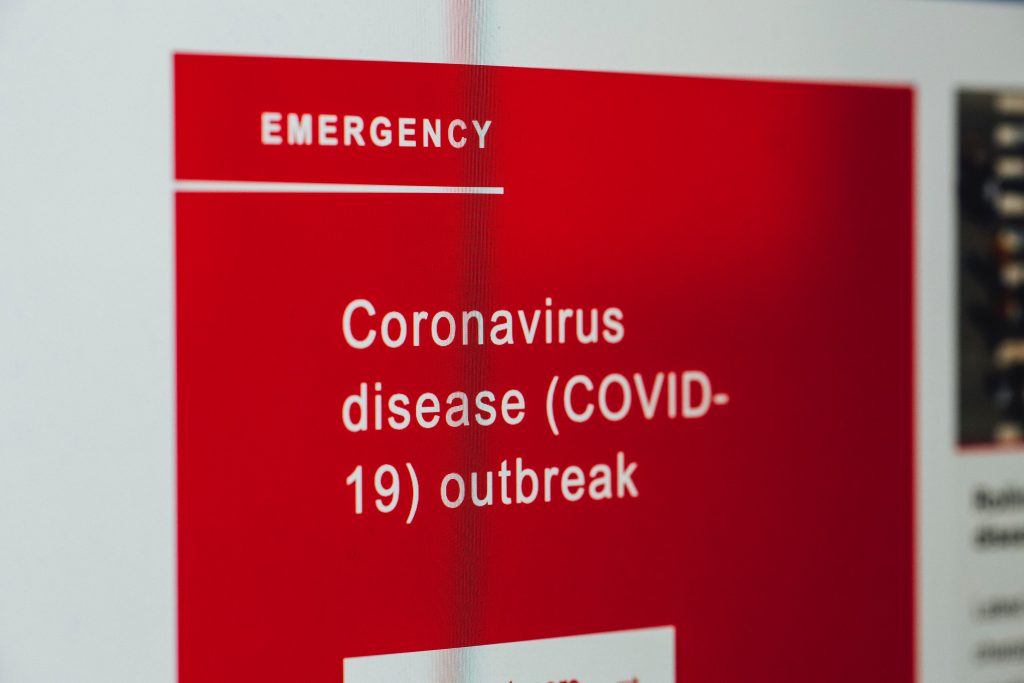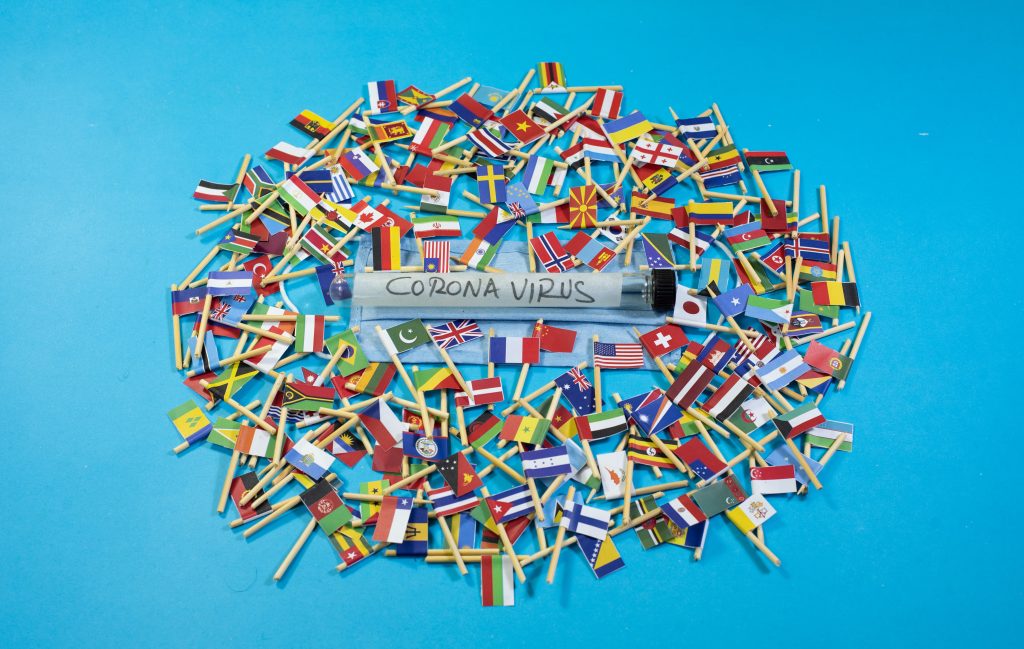Pandemics have led to an increase in inequality. After COVID-19, an additional 75 million of poor is estimated at the global level in 2020. Current policies to address inequality are inadequate; policymakers should aim to mitigate climate change and recovery from the COVID-19 crisis while protecting the most vulnerable.
NAVIGATE

Project details
- Project title: Next generation of advanced integrated assessment modelling to support climate policy making
- Funding scheme: European Union Horizon 2020 Programme (EU H2020, Grant agreement ID: 821124)
- Duration: 4 years (1 September 2019 – 31 August 2023)
- Project coordinator: Potsdam Institute for Climate Impact Research (PIK)
- Project website: https://navigate-h2020.eu/
COVID-19 pandemic has led to the worst economic downturn of the last decades mainly due to measures to stop the spread of the virus. This has led to reduction in demand and production capacity. Governments worldwide adopt packages as a response to the COVID-19 crisis, with $3.5 trillion dedicated to climate protections in the agriculture, industry, energy, and transport sectors. By adapting packages that are green, boosts economic growth worldwide triggered by increased low-carbon investment.
Covid-19 has particularly impacted mobility due to a fall in transport activities. If this fall is to continue is uncertain and what the implications on policy are. However, post-COVID recovery offers a critical policy window for managing adverse effects on energy demand. Strengthening and countering policies for impacts from COVID-19 are discussed and what impact this has on mobility and homes.



